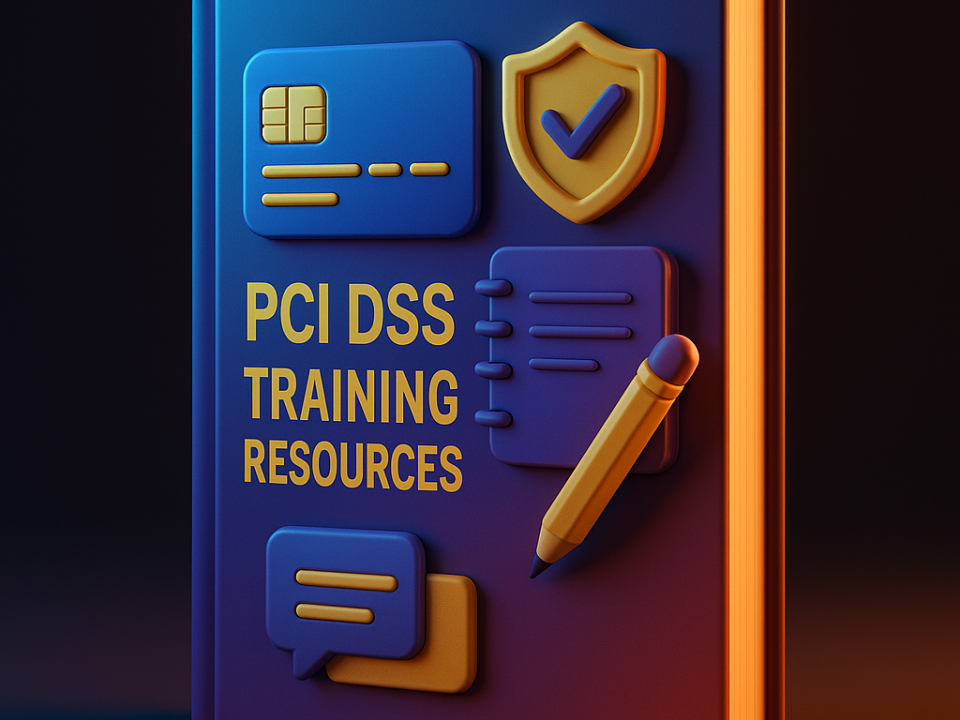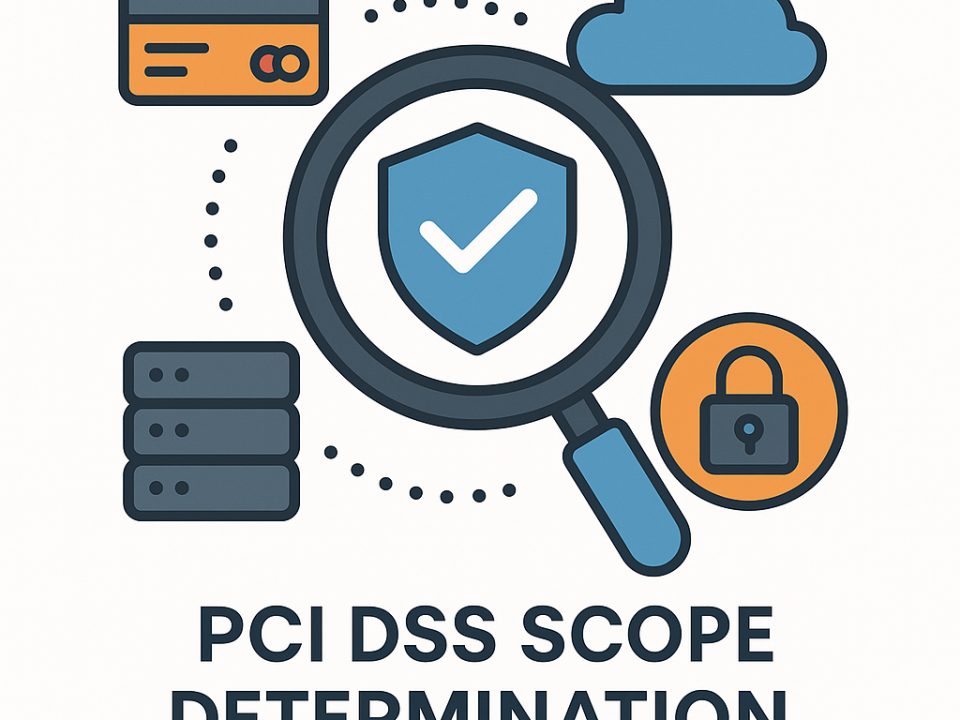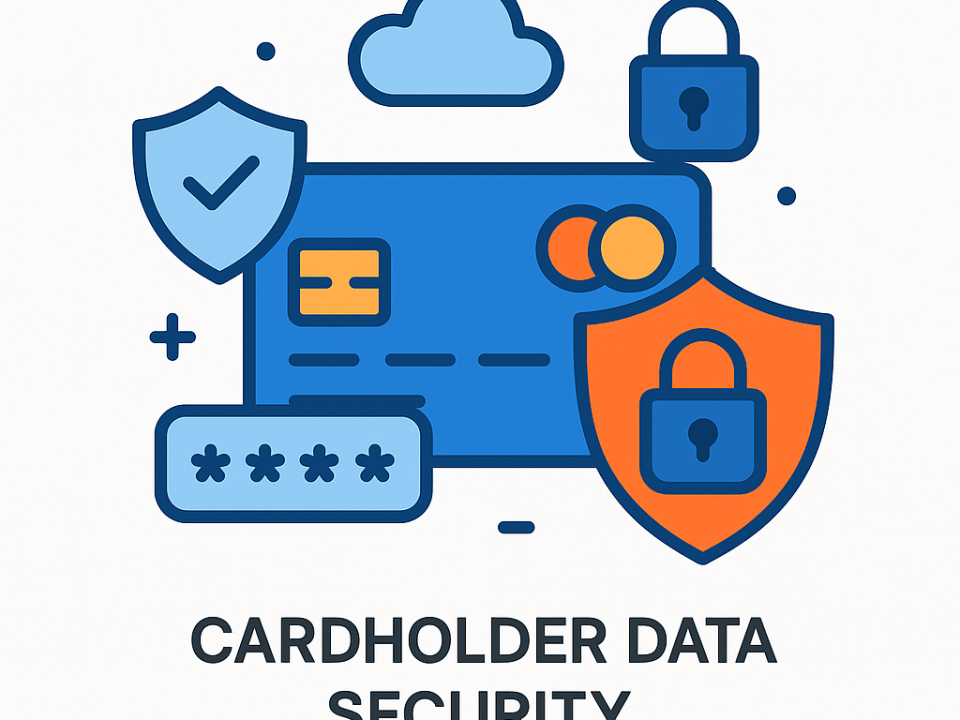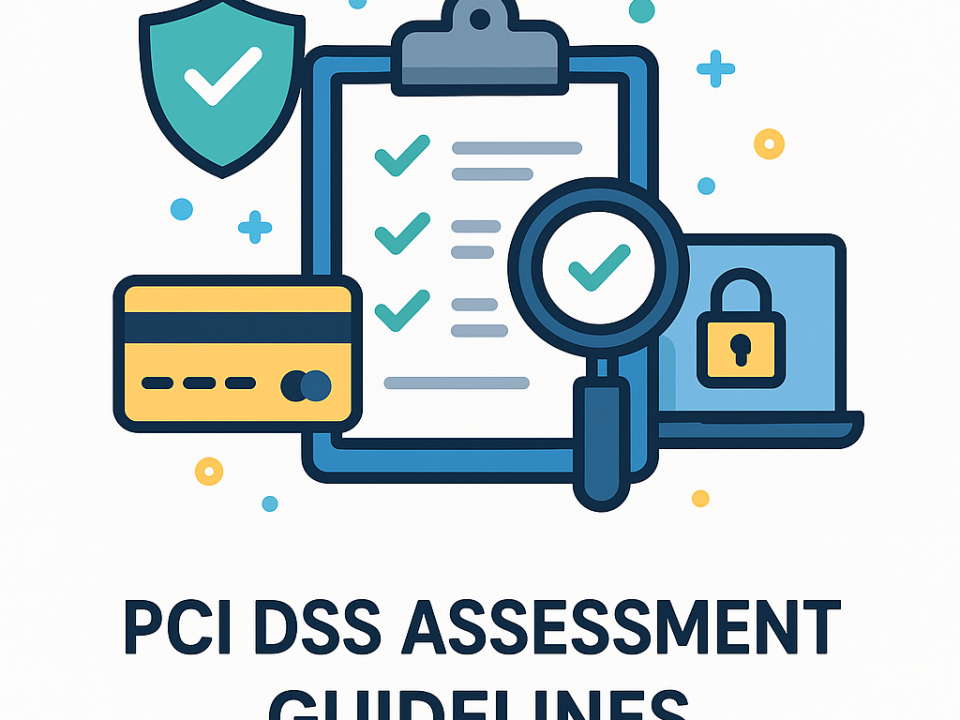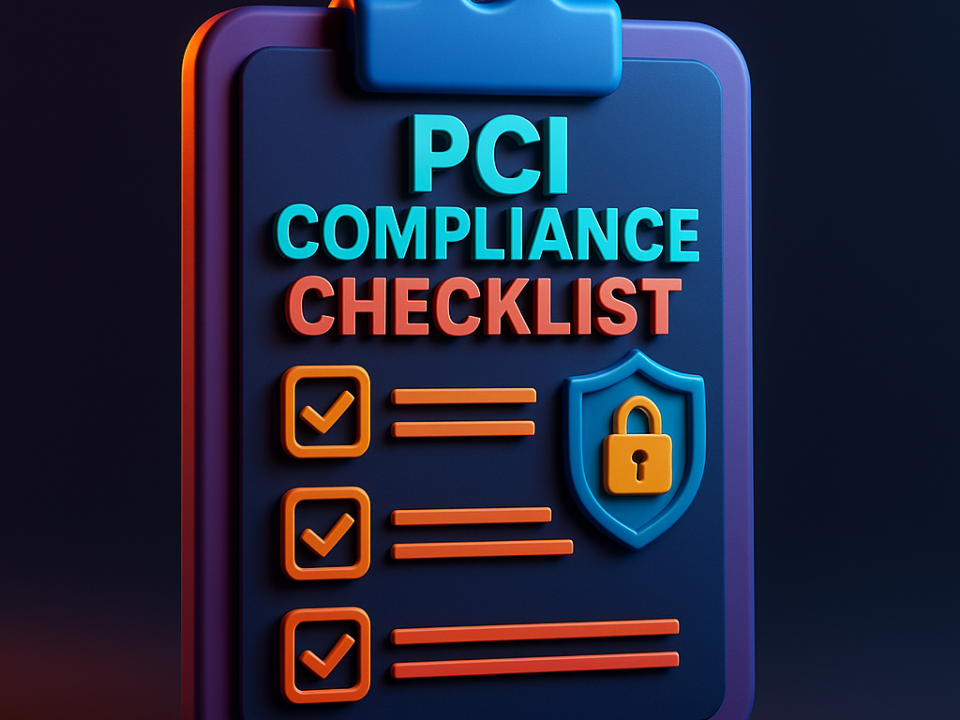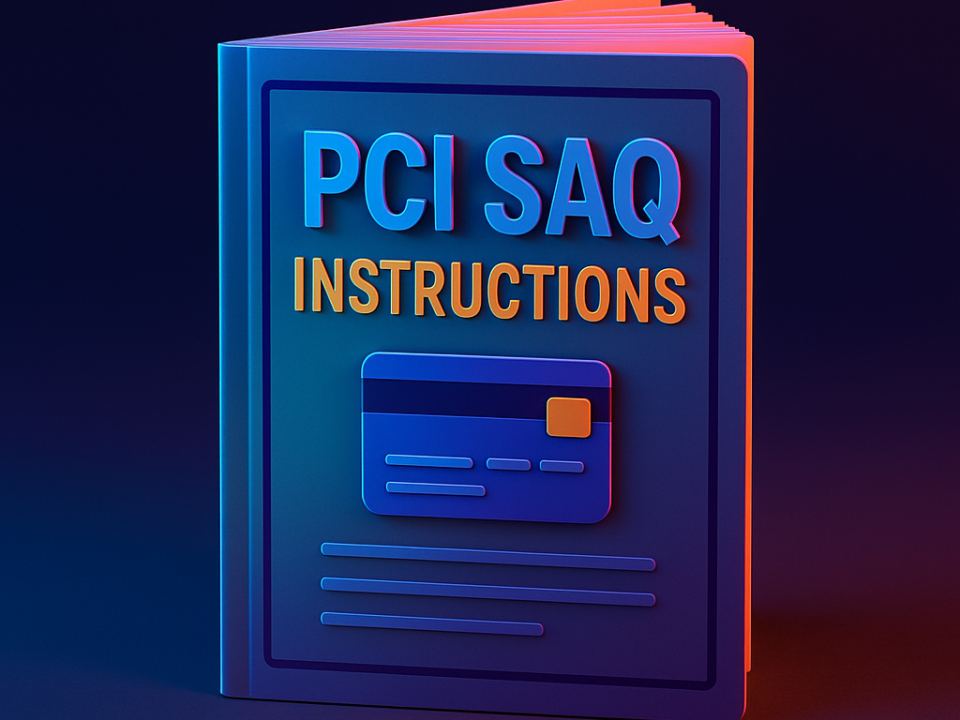Advanced Encryption Techniques for Secure Handling of Cardholder Data
June 12, 2025
Enhancing Security Protocols: A Focus on PCI DSS 4.0’s Risk Management Framework
June 12, 2025Implementation strategies for the Payment Card Industry Data Security Standard (PCI DSS) are pivotal in ensuring data security, particularly in remote staffing conditions. With the rise of remote work, understanding how to effectively implement and adapt PCI DSS compliance measures becomes crucial for cybersecurity experts and IT professionals. These adaptive strategies not only help safeguard sensitive payment data but also reinforce an organization’s overall cybersecurity posture, aligning perfectly with CisoGrid’s mission of providing top-tier cybersecurity remote staffing solutions.
Understanding the Unique Challenges of Remote PCI DSS Implementation
Remote working environments present distinct challenges for organizations trying to achieve PCI DSS compliance. These challenges include ensuring secure data transmission, managing access controls, and protecting against insider threats. Recognizing and addressing these issues is the first step toward effective implementation.
- Increased risk of data breaches due to unsecured home networks.
- Potential for non-compliance caused by the use of unauthorized devices.
- Difficulties in monitoring employee activities and managing compliance from a distance.
Advanced Techniques for Ensuring Compliance
Implementing advanced technical solutions can greatly enhance compliance with PCI DSS standards in a remote workforce. Automated tools and technologies such as endpoint detection, encryption, and secure access service edge (SASE) can be levers of enhancement.
- Mass encryption tools that secure data at rest and in transit.
- Behavioral analytics software to identify non-compliant behavior.
- Utilization of Virtual Private Networks (VPNs) to ensure secure connections.
Creating a Culture of Compliance
The human element often represents the weakest link in cybersecurity. Building a culture that prioritizes compliance within remote teams is critical for sustained success with PCI DSS implementation. Training programs and continuous awareness campaigns play key roles here.
- Regular training sessions aimed at understanding PCI DSS requirements.
- Incentivizing compliance through recognition programs.
- Easy access to compliance resources and support channels.
Case Study: Successful Implementation in Action
Analyzing a case study of a company that successfully navigated PCI DSS compliance in a remote work model can provide actionable insights. A leading online retailer implemented a comprehensive strategy combining technology and employee training that resulted in seamless compliance.
- Key performance metrics increased by up to 30% following compliance training.
- Reduction in the number of security incidents related to payment processing.
- Centralized compliance management system that improved oversight and mitigated risks.
Data-Driven Insights on Compliance Trends
Staying ahead in the field of PCI DSS compliance requires an understanding of emerging trends and data-driven insights. Organizations can leverage analytics to refine their approaches and improve security measures.
- 80% of businesses report increased compliance challenges with remote work.
- Utilization of AI-driven tools increased compliance efficiency by 45%.
- Only 20% of organizations currently utilize comprehensive monitoring solutions for remote teams.
In conclusion, developing robust PCI DSS implementation strategies tailored to remote work environments is essential in today’s cybersecurity landscape. For professionals focused on enhancing their organizations’ resilience, CisoGrid stands ready to assist in fortifying your staffing processes while ensuring PCI DSS compliance. Together, we can build a secure future.

